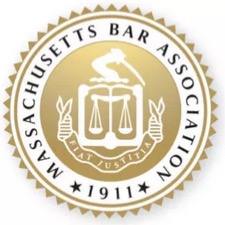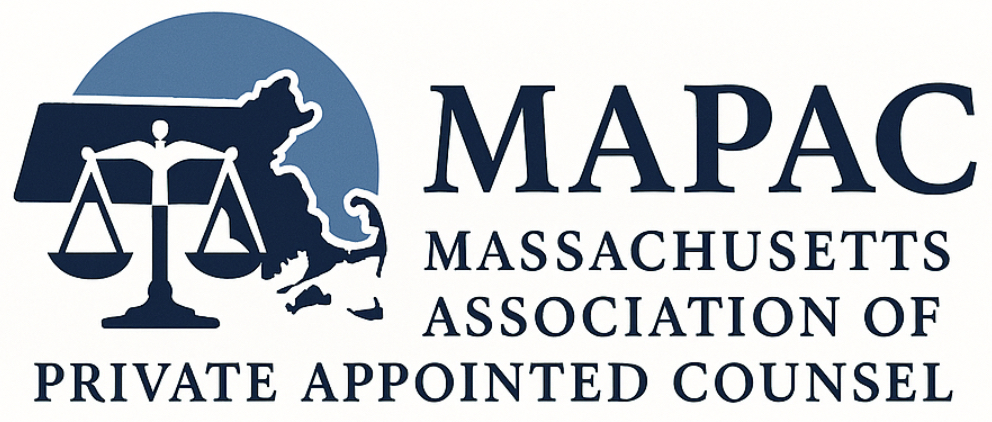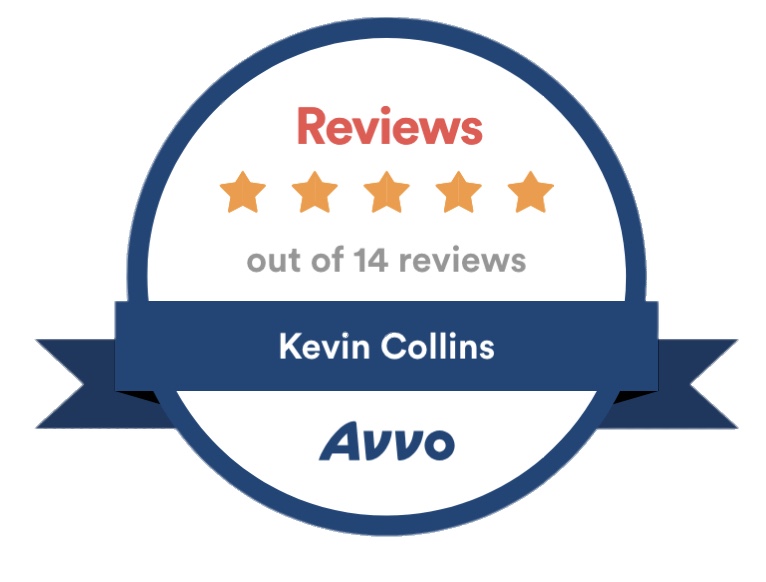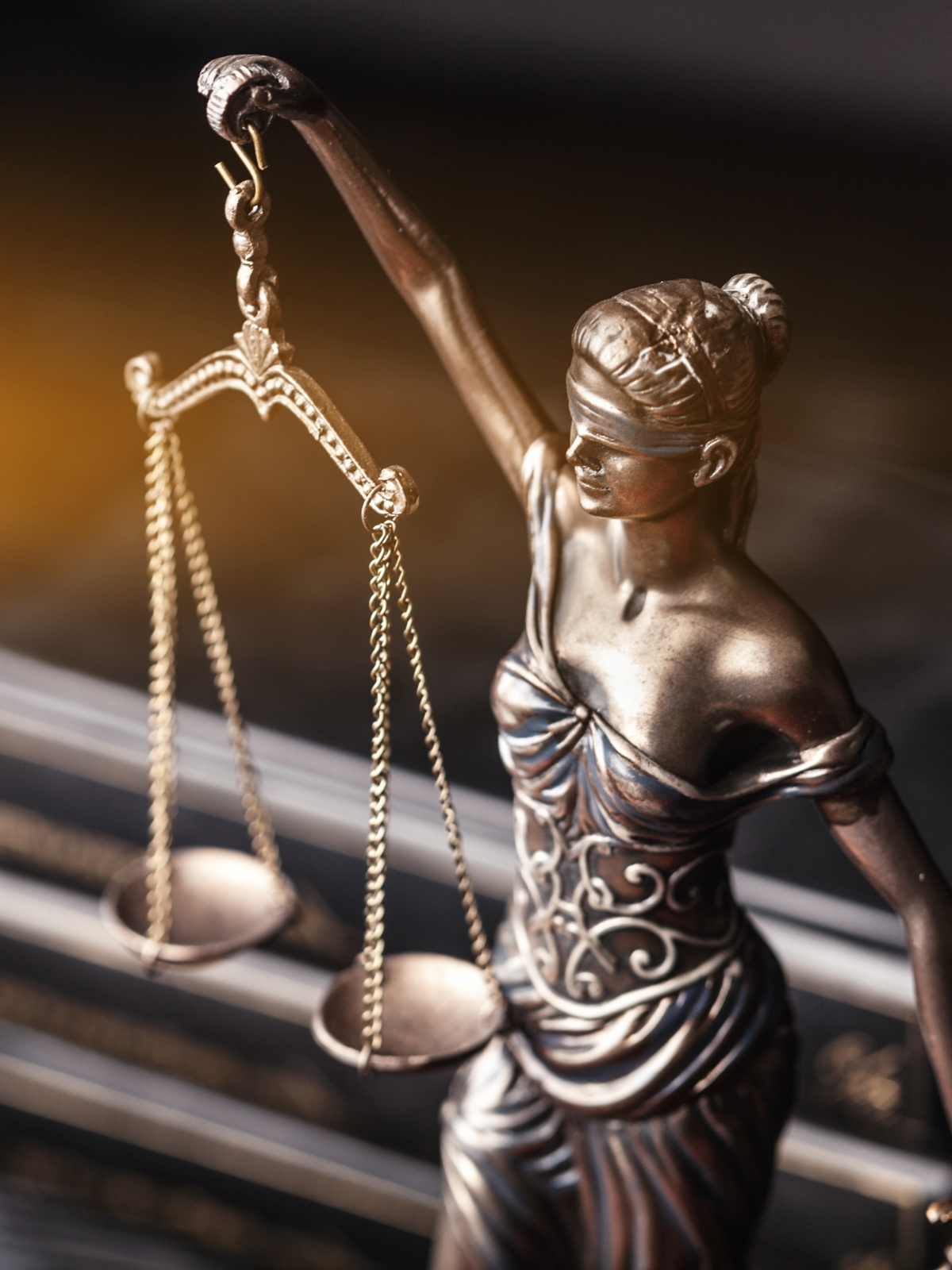Justice You Deserve
Alcohol at Beaches, Campgrounds, and Other Public Areas in Massachusetts: What to Know
By Kevin R. Collins, Esq.
May 2024
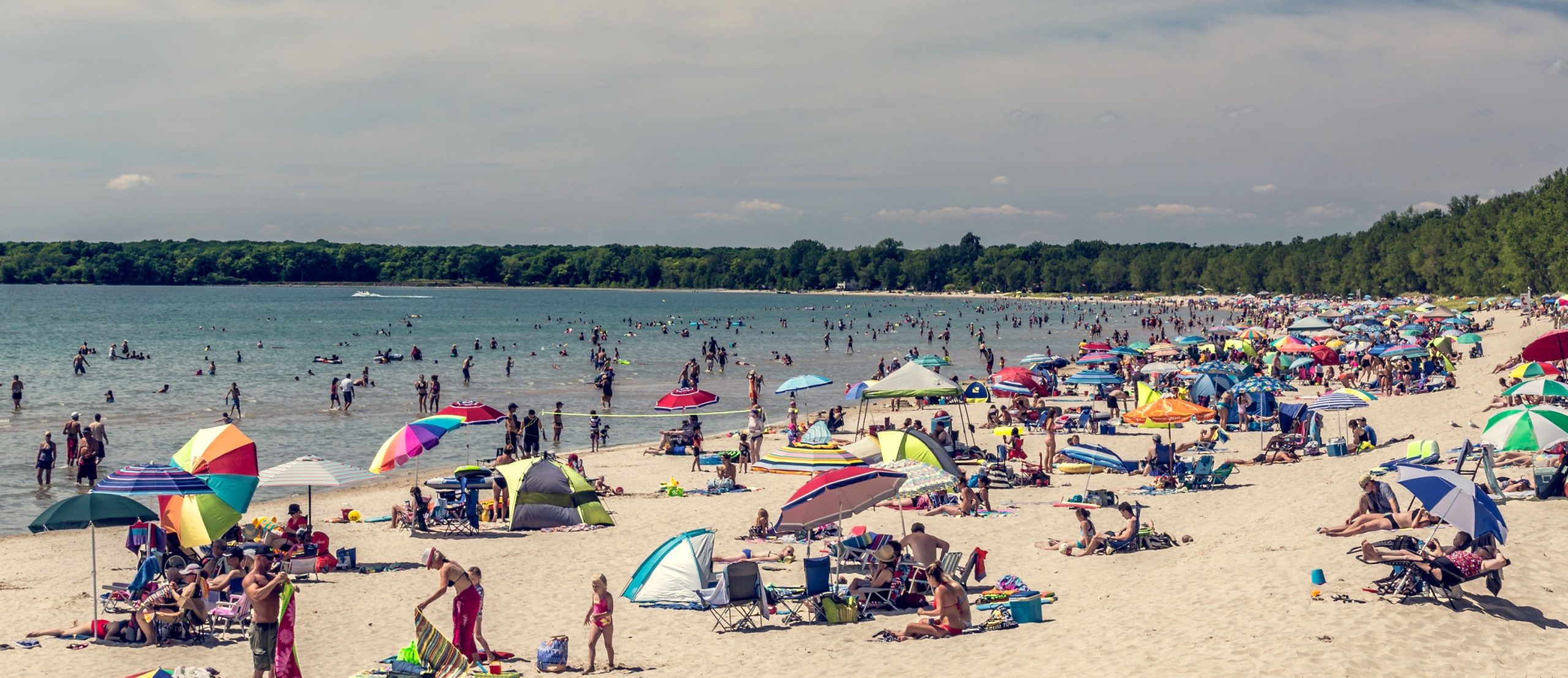
With its picturesque coastline and serene wildlife areas, Massachusetts boasts some of the most stunning beaches and campgrounds in the United States. These locations offer a perfect way to unwind when the weather affords. Amidst the crashing waves and mountain air, however, there lies a complicated question; is it legal to consume alcohol in any of these public places?
Massachusetts, like many states, regulates the consumption of alcohol in public spaces through a combination of state laws and local ordinances. While the laws may vary slightly from one municipality to another, certain overarching principles govern alcohol consumption across the state.
Massachusetts Beaches
One of the primary concerns associated with alcohol on beaches is public safety. Excessive drinking can lead to rowdy behavior, accidents, and even violence. Alcohol consumption can also contribute to littering, as empty bottles and cans are often left behind, tarnishing the natural beauty of the coastline.
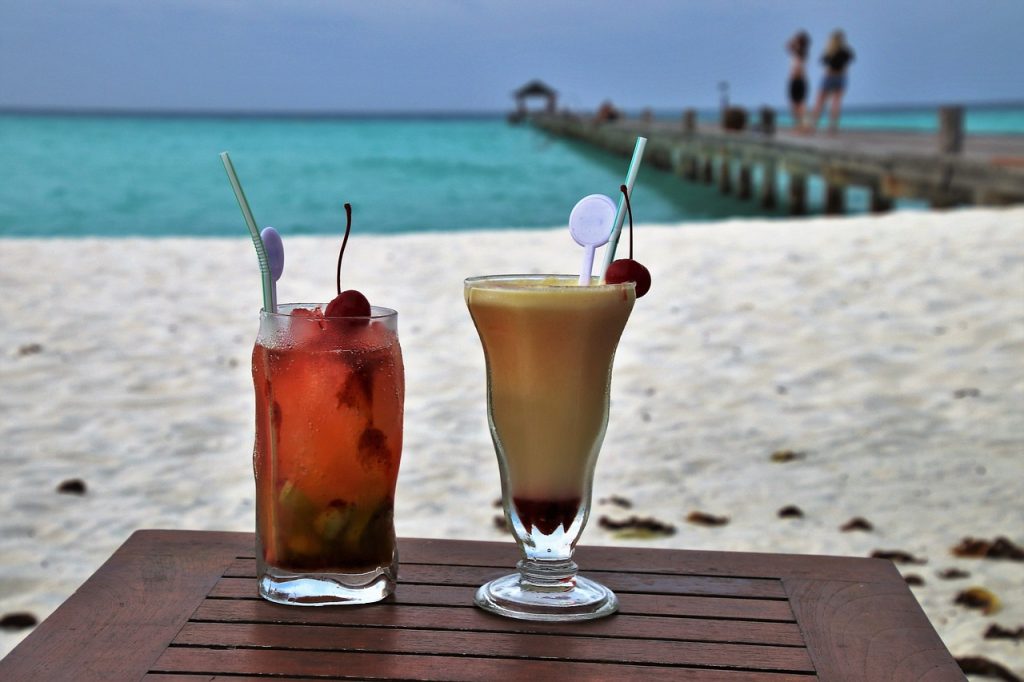
In the 400 miles of Massachusetts shoreline, consuming alcohol is only truly permitted on beaches that lie on the Cape Cod National Seashore, the easternmost section of Massachusetts. Some towns do still permit alcohol consumption on beaches, with certain restrictions. For example, some beaches may permit alcohol only during specific hours or in designated areas. Other municipalities outright ban alcohol altogether.
Is alcohol consumption on Massachusetts beaches illegal?
The short answer to this question is no. There are no criminal statutes punishing alcohol consumption on Massachusetts beaches. Infractions are considered civil violations. The typical punishment for this violation is a fine.
It is important to remember, however, that while the mere possession or consumption of alcohol on the beach is not a crime, alcohol can sometimes contribute to behavior which can be charged as a crime. Disorderly conduct, disturbing the peace, even assaults and batteries occur when individuals imbibe to excess.
All individuals who wish to partake in alcohol consumption on Massachusetts beaches should consult the local ordinances prior to their visits. This will ensure a comfortable and safe experience for all.
Massachusetts Campgrounds
Camping is another favorite pastime in Massachusetts as the state offers some of the most scenic and preserved land in the country. For many camp-goers, unwinding with an alcoholic beverage is a way to relax, socialize, and enhance the enjoyment of the natural surroundings. It is imperative, however, that campers familiarize themselves with the specific rules of their campsite to avoid running afoul of the law.
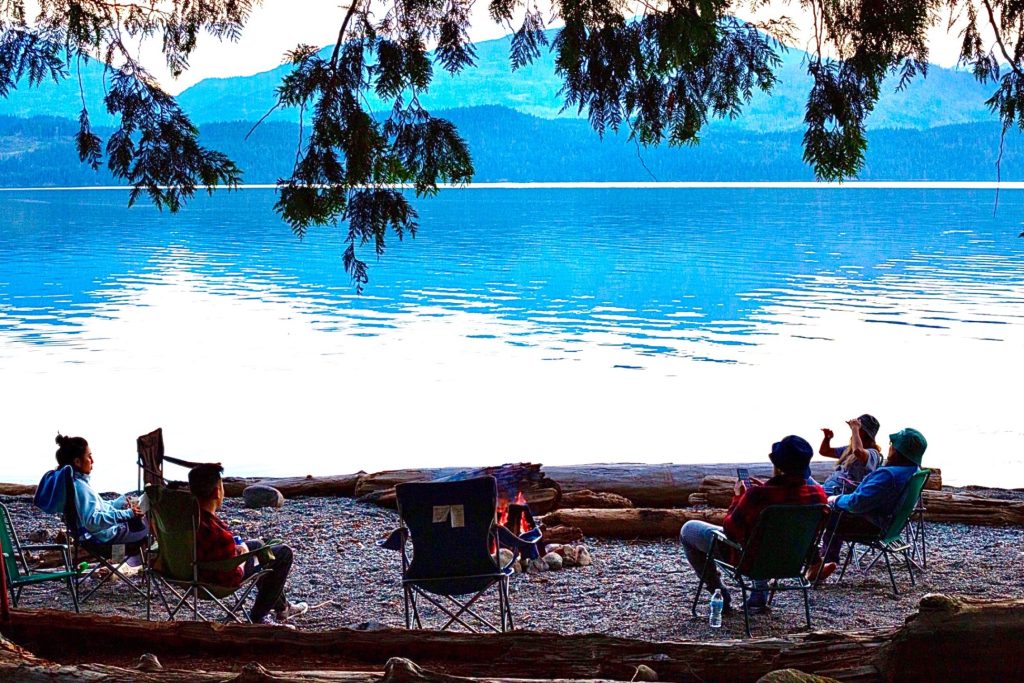
As a general rule, alcoholic beverages are prohibited in all Massachusetts state parks and campgrounds. This is the law as it pertains to state lands, however. Private campgrounds are subject to their own restrictions. Many private grounds allow alcohol consumption, within acceptable limits. Adhering to quiet hours rules, cleaning up after oneself, and respecting the serenity of nature is always expected.
As with Massachusetts beaches, it is not a crime to consume alcohol in Massachusetts public parks or campgrounds. Instead, it is a civil infraction most often punishable by a fine. Nevertheless, campers should always familiarize themselves with the specific regulations of their public space to ensure they maintain an environment that all members of the public can enjoy.
Other Public Areas in Massachusetts
Massachusetts prohibits carrying open containers of alcohol in public places. This means that individuals cannot carry or consume alcoholic beverages on public streets, sidewalks, or other public areas. This regulation aims to maintain public order and safety by discouraging excessive drinking and its associated behaviors.
As with other locations, there are exceptions to this rule. Some cities and towns obtain special licenses or permits to designate specific areas where public alcohol consumption is permitted during certain occasions. Cultural events such as concerts, festivals, and sporting events often feature designated areas where attendees can purchase and consume alcoholic beverages. Additionally, private property owners may allow alcohol consumption within their premises, such as outdoor seating areas of restaurants or bars, provided they have the appropriate permits.
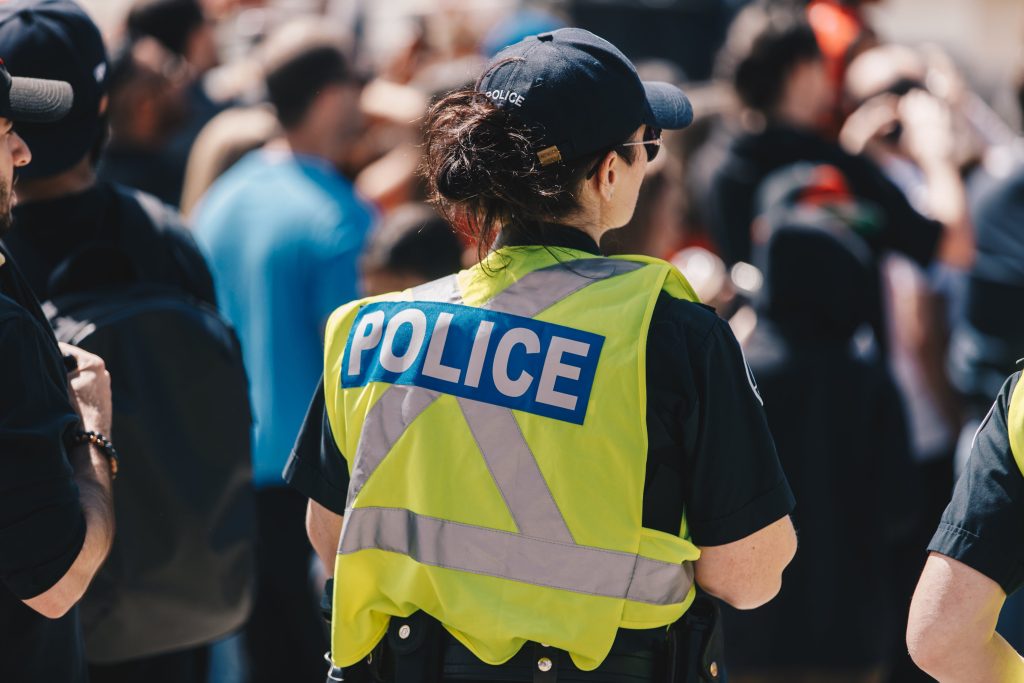
It is not a crime to consume alcohol in a public area in Massachusetts; it is a civil violation. As discussed above, however, public consumption can often draw the attention of law enforcement and lead to an arrest for other behavior which is illegal. Knowing the rules, and following them, is critical to avoiding encounters with law enforcement.
Open Alcohol Containers in Vehicles in Massachusetts
On February 21, 2020, the Massachusetts Supreme Judicial Court found that an open alcohol container in a vehicle is not a crime in the Commonwealth. Commonwealth v. Mansur SJC 12745. This is not a free pass to have an open alcohol container in your vehicle, however. The Court merely reduced the infraction to a civil violation.
According to M.G.L Ch. 90 Section 24I, an open container of alcohol may not be possessed within the “passenger area,” the area designed to seat the driver and passengers and any area that is readily accessible to the driver or a passenger while in a seated position.
The “passenger area” does not include a motor vehicle’s trunk or a locked glove compartment or, if a motor vehicle is not equipped with a trunk, the area behind the last upright seat, or an area not normally occupied by the driver or passenger.
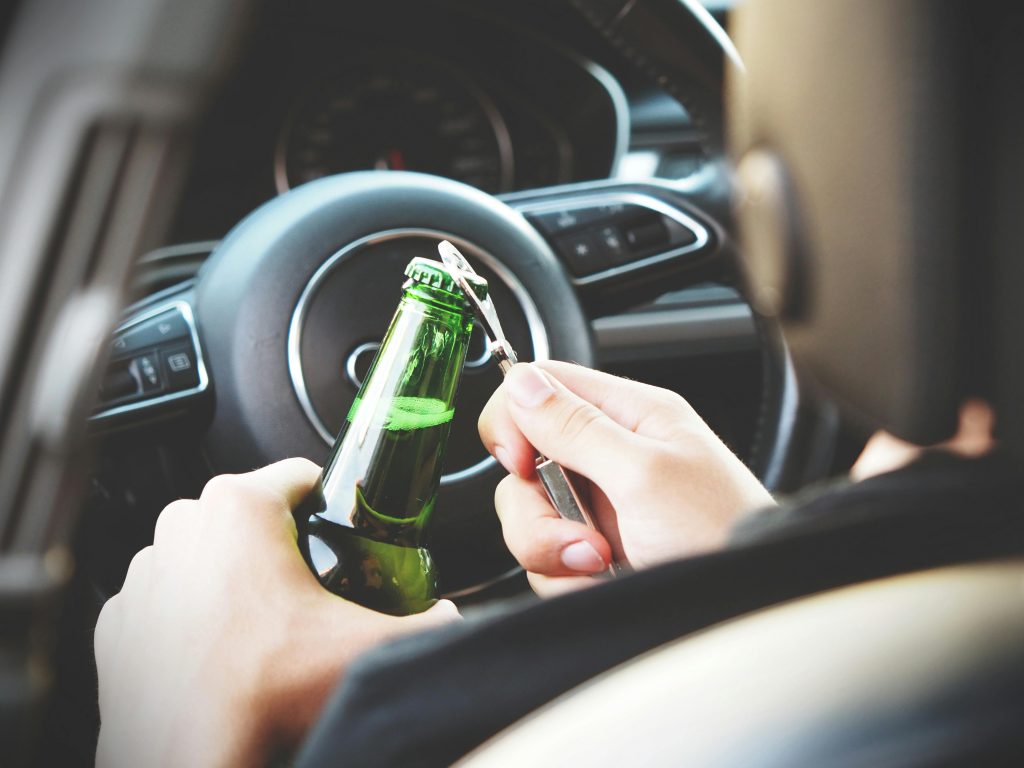
Someone receiving an infraction for an open container of alcohol in their vehicle will not be convicted of a crime, nor will they have a criminal record. However, if a police officer locates an open container of alcohol in your car, you may be suspected of operating under the influence. This may subject you to a further investigation including a series of questions and field sobriety tests.
If you are charged with Operating Under the Influence of Alcohol, it is imperative that you contact a qualified criminal defense attorney right away.
Final Thoughts
Massachusetts has a thriving craft beer and wine-making industry. It is a historic pastime in Massachusetts to enjoy sipping a local beer or wine as an essential part of the outdoor experience.
Finding a balance between preserving the tradition of enjoying nature and addressing legitimate concerns about alcohol-related issues remains a complex task.
Ultimately, the key lies in moderation, respect for the law, and consideration for all other persons. By striking this balance, residents and visitors can contribute to creating a vibrant and inclusive public space for everyone to enjoy.
Massachusetts Criminal Defense Attorney Kevin R. Collins has extensive experience in defending clients in criminal and related civil offense cases. If you have any further questions regarding this topic or have been charged with a crime related to these matters, feel free to contact Massachusetts Criminal Defense Lawyer Kevin R. Collins today.







